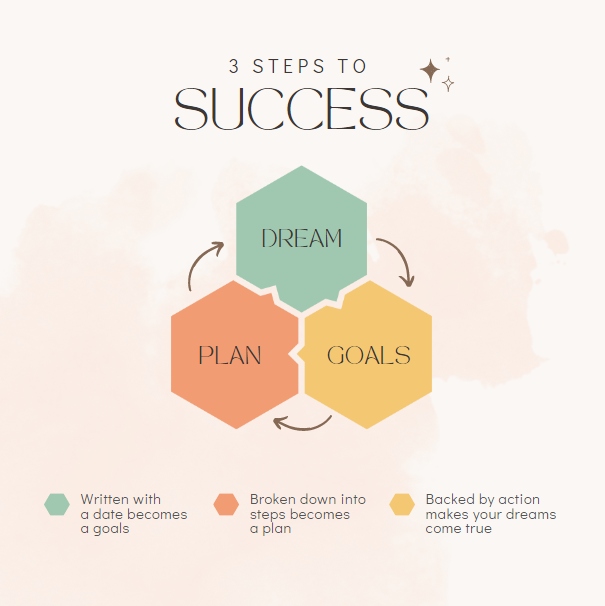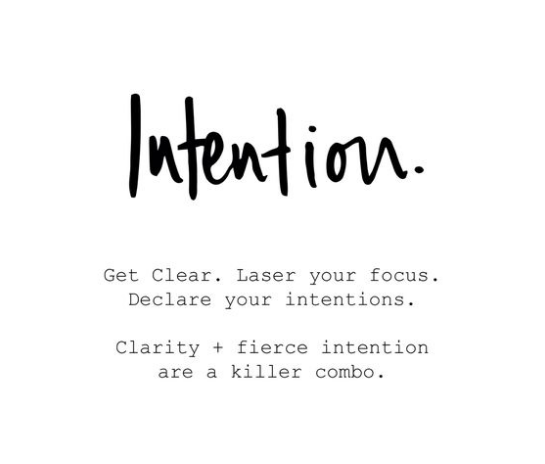With Summer 2023 registration underway, students may be thinking about what courses they’d like to take. While less courses are offered during the summer semester, there are still plenty of options.
However, students should be mindful of how demanding the courses they choose may be. Even though they may want to get that biology class out of the way, they should be strategic about when they take it.
It is understood, though, that some students don’t have as much freedom, especially when it comes to program requirements. For example, the Visual Communications (VIS) and Veterinary Technology (VET) departments have degrees that sometimes consist of classes worth 4 or more credit hours.
To better understand how students can navigate these courses more easily, The Clarion consulted Cynthia Cully (VIS) and Carolyn Reno (VET) on the tips and tricks they have for success.
During her interview, Reno cleared the air on something: a class having more credit hours “doesn’t mean it’s harder.”
The credit hour value is more indicative of the time students may need to commit to the course – both inside and outside of the classroom. For Cully’s courses, there is “minimal” lecture time; most is spent on studio work and projects.

Both faculty emphasized the importance of time management for these types of courses, whether they’re blended or in a different modality. Reno’s courses, like many others, rely on students being prepared. This may include having taken prerequisites, watching lectures, and completing quizzes before each class session.
Repeatedly revisiting the material is another key component of keeping up with these courses.
“Treat it like a job,” said Cully, advising students to “set an intention” when taking a course.
Where do you want the learning to take you? How can you use it to prepare yourself for your career? Cully suggests making reflections part of your routine when starting and ending courses.
Programs like VIS also involve collaboration between students, but reaching out to peers for help can apply to any course. Talking to others may help students come up with new ideas or clarify difficult concepts. Sharing and receiving knowledge can be beneficial to everyone.

Cully also spoke of open communication between faculty and students. Both parties should feel comfortable being honest and giving feedback to each other.
“Understand your environment,” she advised, referring to things like eLearn, email, and office hours.
Being resourceful is a crucial skill to have in these courses. Cully said that even attending one office hour session can open a student up to extra information they may not otherwise get.
There are also plenty of things around the college that students can use to enhance their comprehension, such as tutoring sessions and the respective department labs.
According to Reno, one of the most important things students can do is take “one bite at a time.”
While coursework may seem overwhelming, breaking it into smaller, more manageable chunks is a useful mechanism that can reduce students’ stress and anxiety.
We hope that this article is helpful in students’ decision-making for the coming terms.
Registration for summer term began on March 20.
Related article: Tartan Spotlight: Cynthia Cully
Carly Webster
Staff writer

